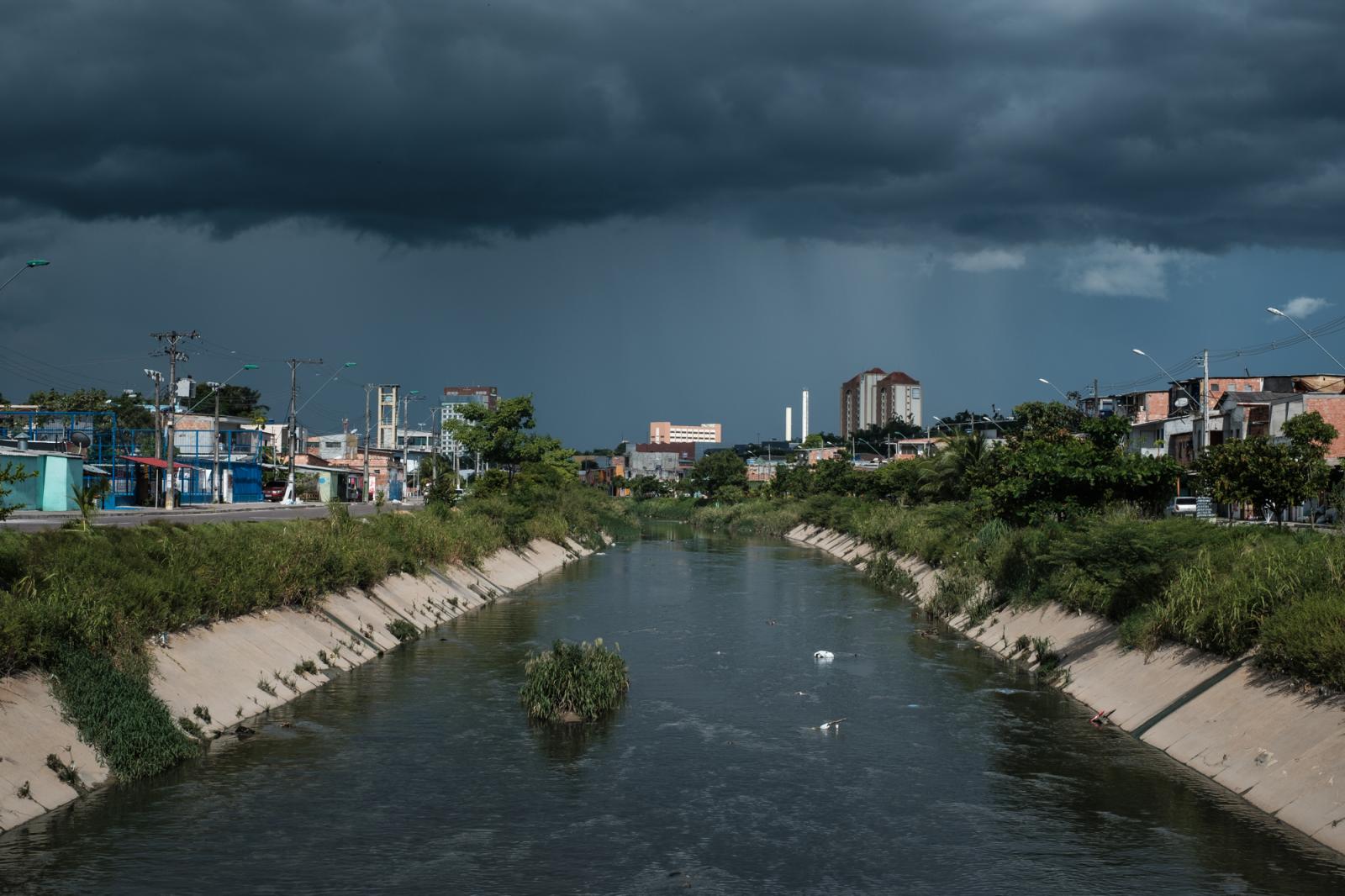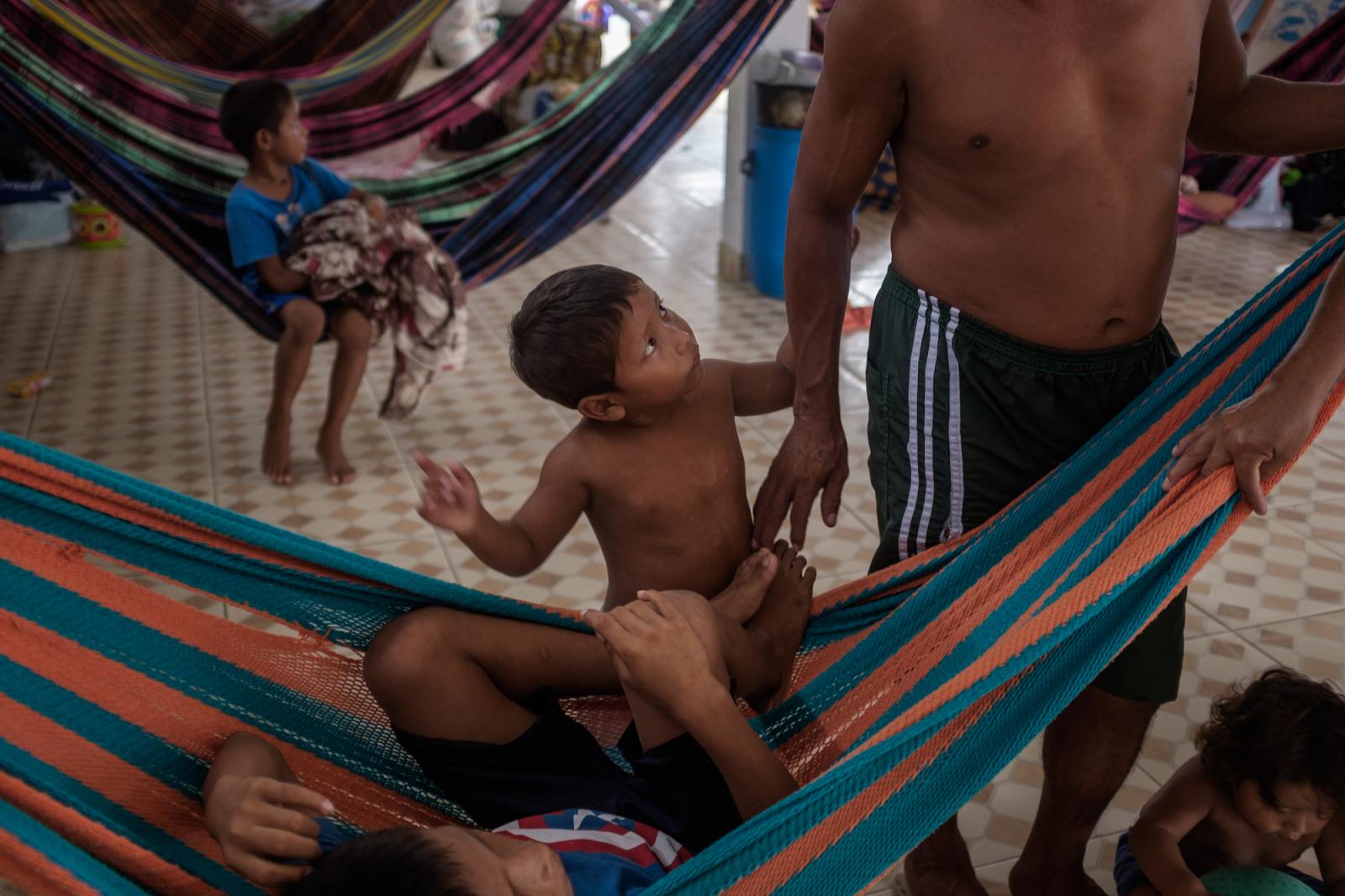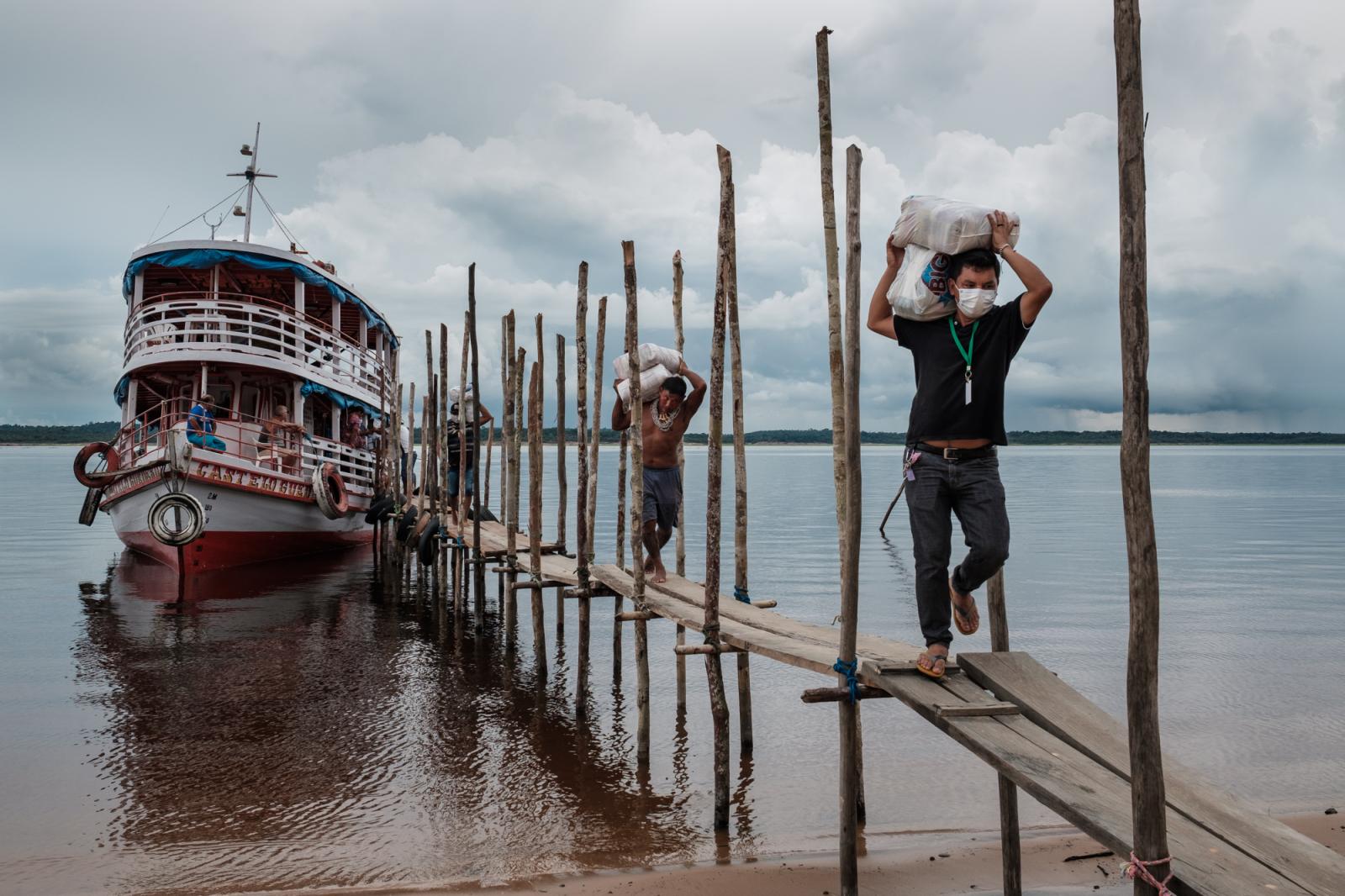Public Project
We Were Always Here
Summary
While the Covid-19 pandemic has been particularly deadly for Indigenous communities throughout the Brazilian Amazon it also exposed the deep structural inequalities faced by Indigenous living within an urban context. The divide points to a lack of inclusive public policies compounding longstanding issues with discrimination, access to housing, cultural assimilation and the legacies of colonialism. This work aims to call attention to an Indigenous community fighting for visibility, recognition and justice in the city of Manaus and explore their place in an increasingly urbanized society.
The city of Manaus, a commercial and industrial hub of over two million people, was built on the site of one of the largest pre-Colombian Indigenous communities in the Amazon. Nowadays, aside from its nearly thirty thousand strong Indigenous population, there is very little reminding the city of its Indigenous heritage. As elsewhere, politicians tend to use Indigenous people and their culture as props for votes and influence while ignoring longstanding concerns and injustices. The pandemic and its consequences are simply the latest in a long line of injustices that have threatened Indigenous lives and way of life in Manaus.
"It wasn't the village that came to the city, it was the city that came to the village," says Marcivana Sateré-Mawé, head of COPIME, an association of Indigenous communities in Manaus united in fighting for recognition of their rights as promised in Brazil’s constitution: "Just because I wear jeans and have a cellphone doesn't make me any less Indigenous.”
Read more
7,851


























